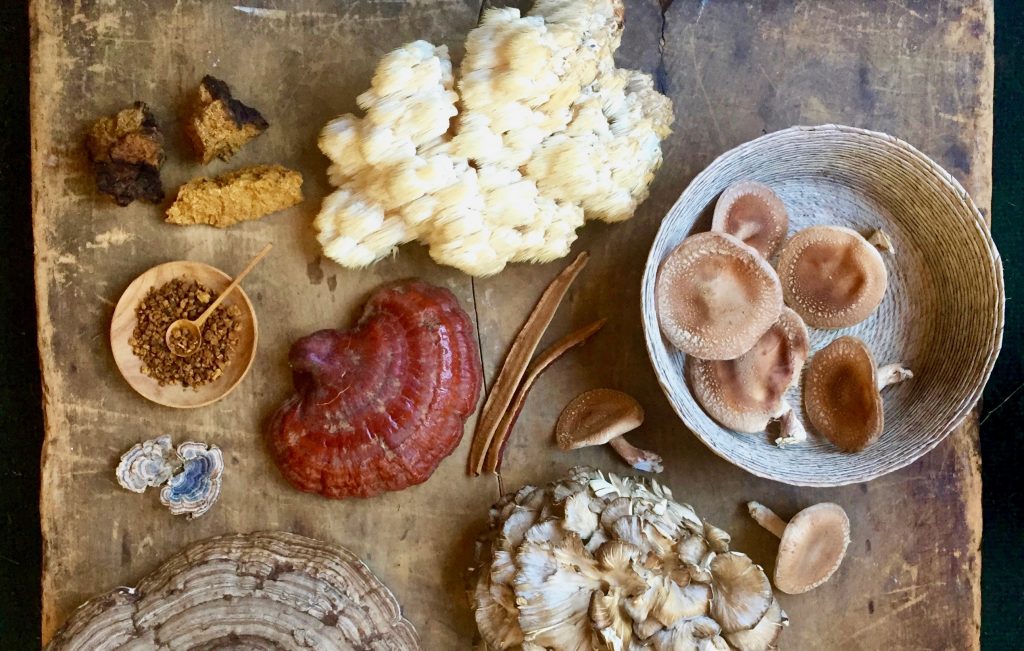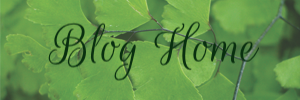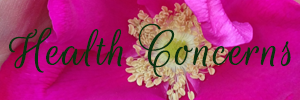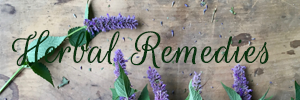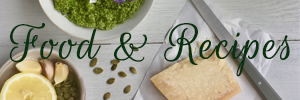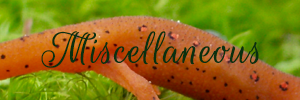Also see…. my Mushroom Medicine Making Tips Blog here
Mushrooms as Food
Mushrooms are unbeatable for fiber and boast a good amount of protein and trace minerals. In fact, it’s 25 times more efficient to get protein from mushrooms than meat, according to herbalist Christopher Hobbs, author of Medicinal Mushrooms. And adding mushrooms to a dish provides a meaty, savory texture and flavor that can replace or stretch meat. Another impressive attribute is their ability to make vitamin D when exposed to the sun or ultraviolet light, much the same way we make vitamin D in our skin. Vitamin D is extremely difficult to get from food and nonexistent in plants. In one test performed by mushroom guru Paul Stamets, vitamin D levels in three ounces of shiitakes jumped from 110 IU to an astonishing 46,000 IU after six hours. If your mushrooms haven’t been “pre-treated” with sunlight, you can place fresh or dried mushrooms, gills up, in the sun for a few hours. All edible mushrooms should be cooked, which helps make certain nutrients and compounds more absorbable and also destroys problematic compounds. Try them sautéed or simmered in soups. Shiitakes are a classic culinary medicinal, but you can also experiment with oyster mushrooms (often available from local sources), maitake (more rare), and an array of specialty dried mushrooms. I love adding them to soup broth. If you’re in New Hampshire, check out local growers including the New Hampshire Mushroom Company and Wichland Woods.
Mushrooms as Medicine
All mushrooms contain polysaccharides (best extracted through cooking or simmering in water), which stimulate and modulate our immune function in a variety of ways and also tend to lower cholesterol and blood sugar. Alcohol-soluble compounds called triterpenes (which taste bitter) give medicinals like reishi the ability to reduce histamine in allergies and improve oxygen utilization and liver function. You can use them in food or buy them as tinctures or capsules. If you want to make your own remedies, do some research – they require special treatment to get the most benefit.
Preventing Common Infections
Because mushrooms strengthen and modulate immune function, they are a great way to bolster your immune system in expectation of wintertime infections. While some compounds in mushrooms may directly attack viruses and bacteria, mainly they help your immune system work better and smarter. They’re also perfect for people who just keep getting sick or catch every bug that comes their way. Consider reishi, maitake, shiitake, chaga, and blends like Host Defense MyCommunity and New Chapter’s LifeShield Immunity. You can take them as a supplement or simmer them in broths.
Autoimmune & Allergy Support
Our immune-enhancing mushrooms (see above) also help correct an over-reactive immune system, as in the case of allergies and autoimmune disease when taken long term. Reishi is particularly useful, and I often combine it with herbs such as turmeric, nettle, goldenrod, horehound, astragalus, and/or yerba santa for chronic allergies. The subtle effects build slowly. Generally, mushrooms are helpful for these states, but they don’t agree with everyone. If you feel worse when you take mushrooms, they’re probably not for you.
Cancer Prevention & Treatment
Many mushrooms improve our immune system’s defense against cancer, the outcome of conventional care, and survival rates. Turkey tails, maitake, shiitake, reishi, and chaga can be a useful adjunct in cancer prevention and treatment. However, you should always work with your oncologist before adding supplements to your regimen.
Lung Support
Alongside their general immune benefits, certain mushrooms strengthen lung health and improve the body’s ability to utilize oxygen. Reishi and cordyceps, in particular, can be used alongside other remedies for asthma, chronic lung infections, and other respiratory ailments to slowly improve respiratory capacity. I have seen good results with Host Defense Cordychi and New Chapter’s Breathe.
Nerve & Brain Support
Recent research on lion’s mane mushroom supports its ability to improve mental clarity amongst the elderly, and practitioners use the mushroom to heal nerve damage.
Energy, Vitality, Sleep & Stress Response
Reishi, chaga, and cordyceps are also noted for their ability to improve mental and physical energy and allay some of the effects of stress and aging. Reishi is often called the Mushroom of Immortality and grouped with stress-busting herbs as an adaptogen. Personally, I find reishi to be calming yet gently energizing while chaga is a bit more zippy and some sources of cordyceps are even more stimulating. Reishi also helps “calm heart shen” in Chinese medicine, which makes it useful for when we’re anxious, restless, and not sleeping well (for sleep, it blends well with passionflower, skullcap, and magnolia).
This is just the very beginning of the many ways mushrooms can enhance health! Promising research also exists for mushrooms as anti-inflammatory, cardiovascular tonic, blood sugar-lowering, and cholesterol lowering remedies.
Mushroom Recipes
Deep Immune Chai
This delicious brew will help keep your immune system humming if consumed regularly throughout the winter. You can purchase ingredients online at Mountain Rose Herbs or at local herb shops like Misty Meadows and Sacred Tree Herbals.
- 1 teaspoon astragalus root
- 2 slices reishi mushroom
- 1 teaspoon sustainably wildcrafted chaga
- 2 cinnamon sticks
- 2 cardamom pods
- 7 cloves
- 1 star anise pod
Chai makes a great base for so many medicinal herbs as well as mushrooms. Gently simmer the herbs, mushrooms, and spices for 20 minutes or longer. Strain and drink as is or add sweetener or creamer of choice.
Shiitake Chicken Broth
This is my easy, go-to healing broth! Shiitake mushrooms are the most mild and palatable of all the medicinal mushrooms, in my opinion, and they’re also readily available and affordable. I buy organic whole dried shiitakes from Mountain Rose Herbs and then grind them in my Magic Bullet blender, but you can find dried mushrooms from local vendors, well-stocked grocers, and natural food stores. Fresh or frozen shiitakes also work, but you’ll actually get the most medicine from dried, pulverized/powdered mushrooms. I use my broth in soups and stews, but I also enjoy drinking it plain, especially when I’m teaching or if I have a sore throat. Broth is a great way to keep hydrated in wintertime.
- 1/2 cup dried, ground/powdered shiitake mushrooms
- 1 chicken carcass
- 1 gallon of water or enough to cover the carcass
- Salt to taste
Simmer the ingredients for at least three hours or (better-yet) all day on the stove or in the crock pot (or for 40 to 90 minutes in the InstantPot). Strain and enjoy 1 cup or more daily plain or in soup, stew, sauces. Feel free to add other ingredients such as celery, carrots, onions, garlic, scallions, lemongrass, etc. A splash of vinegar or fire cider better extracts minerals from the chicken bones, but I prefer the flavor without it. Freeze in freezer-safe mason jars for long-term storage. Vegan? Skip the chicken and add some of the aforementioned vegetables and/or spoon one teaspoon of miso paste into your hot mushroom-veggie broth just before serving.
Clinical herbalist Maria Noël Groves sees clients and teaches classes at Wintergreen Botanicals Herbal Clinic & Education Center in Allenstown, New Hampshire.
The statements made on this blog have not been evaluated by the FDA and are not intended to diagnose, prescribe, recommend, or offer medical advice. Please see your health care practitioner for help regarding choices and to avoid herb-drug interactions.
This blog originally appeared on the Concord Food Co-op site and in Herb Quarterly magazine and has been reprinted and adapted with permission.

